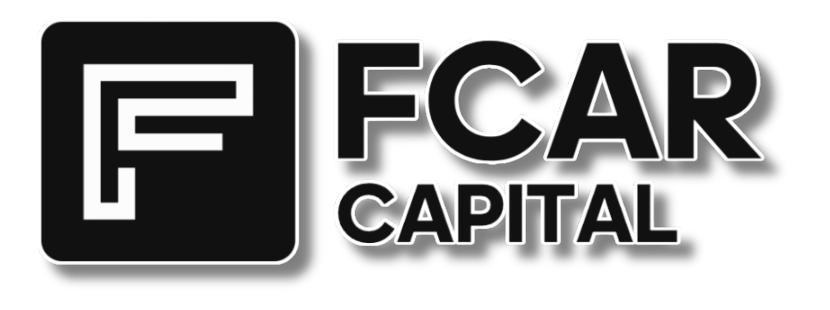SBA Loans: What Operators Should Know
SBA (Small Business Administration) loans are government-backed financing tools designed to help small and medium businesses access capital under favorable terms. Two of the most popular SBA types are 7(a) and 504. Each is suited to different needs — knowing the difference can help you choose the right path.
Key Differences & Best Uses
SBA 7(a) versus SBA 504 comparison
When to Use Which
Go with SBA 7(a) if you need flexibility. Maybe you're acquiring an existing business, need working capital, or want to finance a mix of property and equipment. If your project isn’t strictly a fixed asset investment, 7(a) gives more leeway.
Opt for SBA 504 if your primary focus is on a long-term real estate or construction investment (purchase of land/building, construction of a facility, or major fixed machinery). 504 loans often offer lower down payments and more favorable structure for fixed-asset growth.
Practical Tips
Always compare total cost over the life of the loan (interest + fees), especially given that longer terms reduce monthly payments but increase total interest.
Check collateral requirements: 504 tends to involve Certified Development Companies (CDCs), which means different underwriting and oversight.
If your cash flow is tight now but you expect growth, SBA 504’s structure may reduce monthly burden. Conversely, if you need speed and flexibility, 7(a) may get you to closing faster depending on the lender.
At FCAR Capital, we help clients leverage SBA loans to purchase, refinance, or construct owner-operated commercial properties — guiding you through deal structuring, lender selection, and the nuances of this powerful debt vehicle. Our intermediaries are SBA-preferred lenders with direct underwriting capabilities.
👉 For operators and business owners seeking lower down payment and flexible funding solutions, SBA can fuel your business’s growth— and we’re here to help you fill your tank.

